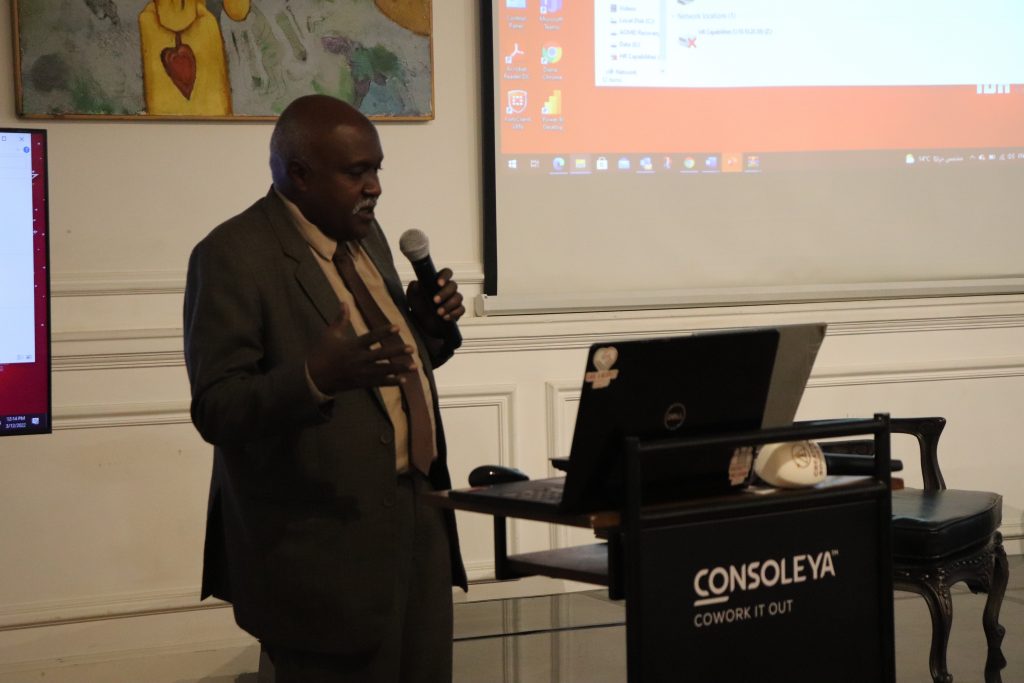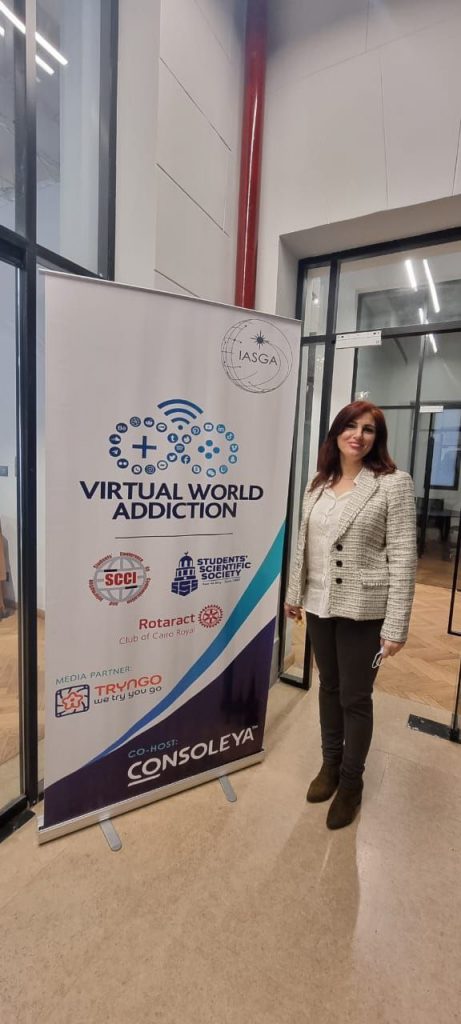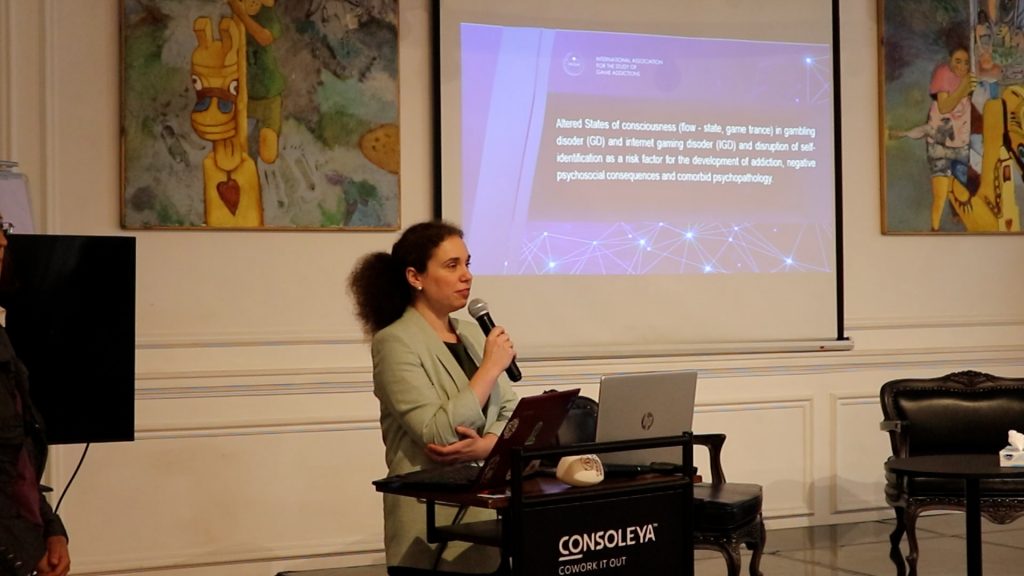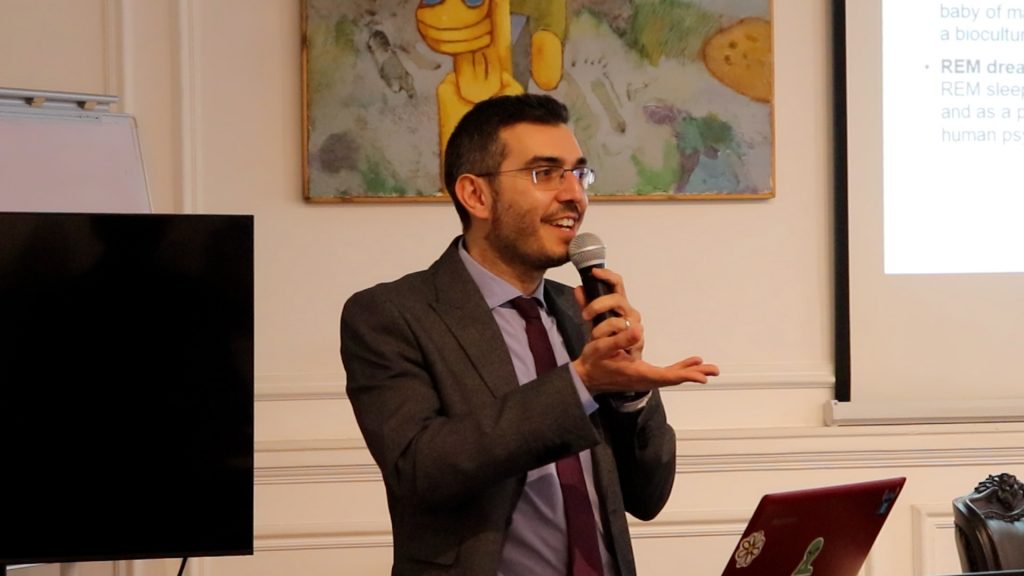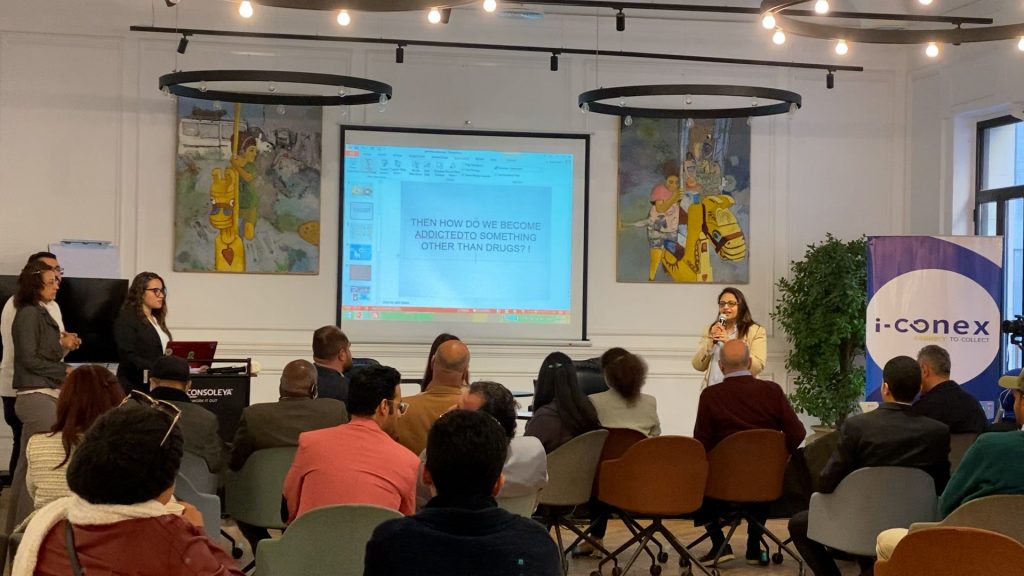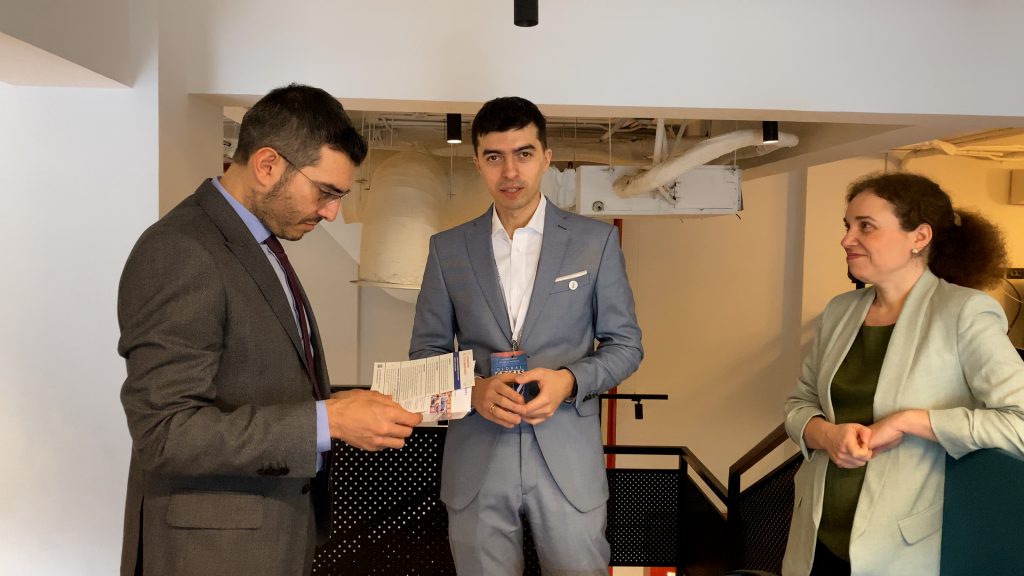On the 12th of March 2022, an international conference was held in Cairo: “New types of addictions caused by the development of information technology. Research and trends”.
Simpler and more popular title of the conference is: “Virtual world addictions”. The information technologies are intensively developed in the modern world, but unfortunately, in the consumer format of the society, they are often used to create information products that are addictive. Manipulative techniques and methods that promote addiction are used in the programming and design of online video games, virtual casino platforms, social networking algorithms, pornographic content, TV series, and advertising. After all, it is all businesses and its representatives are interested in loyal customers and market expansion. The most regular users are addicts, and in this way, companies continually increase their profits. The media often use manipulative technologies, and in this case, they are used to control the behaviour of the masses and public opinion.
New types of behavioural addictions have emerged due to the influence of such information products on the human mind, subconscious mind, and brain. They are called behavioural addictions because addicted users tend to repeat certain behaviour on the internet. Eventually, a seemingly harmless habit becomes dominant in their lives and displaces all other interests and activities. It can be participating in online video games or even just watching streams about them, social networking activity, watching soap operas or pornographic content, impulsive online shopping, gambling, or sports betting. People lose vital time, money, and opportunities for full development and self-actualization. Their relationships with others become superficial and consuming. It is especially frightening when such changes occur in the minds of children and adolescents. Although all the processes unfold only at the informational level, without the influence of chemicals, a person develops a severe addiction that is accompanied by other mental disorders in 80-90 % of cases.
During the conference, speakers from various countries shared their research, practical observations, clinical examples, and new ideas on understanding the pathogenesis, clinical manifestations, treatment, rehabilitation, and prevention of this type of addiction. Our professional association provided an excellent platform for exchanging experiences and implementing social and scientific research projects in the future. The conference was multidisciplinary as not only mental health professionals but also programmers, sports, and leisure professionals took part in it.

EVENT ORGANIZER:

We express our gratitude to our partners for organizing the conference and hope for further productive cooperation.


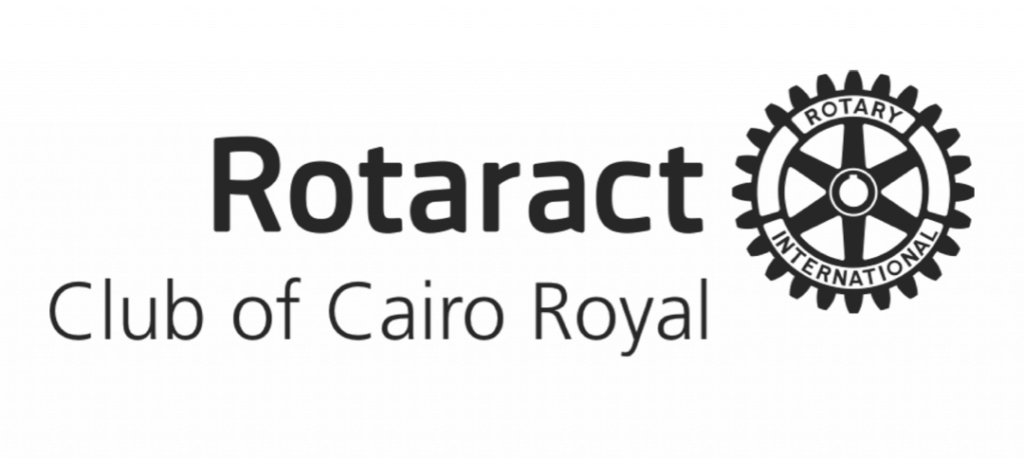


You can find information about the speakers and presentations here:
- Mona Rakhawy, MD, PhD
Professor of Psychiatry, Cairo University, Egypt.
President of Rakhawy Institute for Training and Research (RITR)
Title: Social Consequences of Game and Gambling Addiction
https://drive.google.com/file/d/1PxzG6HdR5DmdNITy0gHX8THvxNmB6D2Q/view?usp=sharing
- Dr. Mariange Nohra Merhi
Professor, Department of Psychology, Lebanese University, Beirut, Lebanon
Title:The Topic : The impact of Violence & Pornography through games & networks on teenagers.
The Title: Two Lebanese teenagers under the influence of video games and technological applications. Case study
https://drive.google.com/file/d/1ierm8zKKcQdGTyoAAXI_3rSA47-ptjiF/view?usp=sharing
- Dr. Domenico Agresta
Group-Analyst, Psychotherapist, Clinical Psychologist
President of the Centre for the Study of Psychology and Psychosomatic Medicine, Pescara, Italy
Title: The Family Matrix and the group psychotherapy for treatment and interventions
https://drive.google.com/file/d/1eCfXqatzr1juDXloDtSwi52kf0yBDsJd/view?usp=sharing
- Omar Abdelrazig Abdalla
Ministry of health, Laboratories administration, Microbiologist, Medical educationist, lecturer at Alzaeem Alazahri University, Sudan
Title: WhatsApp addiction among Sudanese adolescents, an overview
https://drive.google.com/file/d/1QQUyiljL9zelwEPy8ZwrS8zEil-QtRJk/view?usp=sharing
- Dr. Ahmed M. Azzam
Psychiatrist, psychotherapist, General manager – Dar El-Hayah Hospital, Egypt
Dr. AbdAlAzeem ElKhadrawy
Psychiatrist, Medical director of Zaher zone clinics, Cairo, Egypt
Title: Comorbid psychopathology with IGD
https://drive.google.com/file/d/1MdHLw7NJqgdzmTSKnCjGCyaZM_TrCdxO/view?usp=sharing
- Dr. Ahmad Halima
Neuropsychiatrist in Ministry of health
Medical director of private psychiatric hospital, Mansour, Egypt
Title: Prevalence of internet addiction among University students and it’s relation to anxiety and depression
- Aisha Hassan
Life coach and Behavior consultant, Co-Founder Wellness Plus Foundation, Cairo, Egypt
Title: Social Media and our life
https://drive.google.com/file/d/1_xTVW4CuuX2av82HHilUrGMJh5J1jFUW/view?usp=sharing
- Aya Turki, Amira Aref, Yara El-Taweel
Medical students, Students Scientific Society (SSS), Cairo, Egypt
Title: Internet addiction in Egypt among young people
https://drive.google.com/file/d/11WZ_CaAsbwxxnJdNDDqMCiAK2g2bLTDr/view?usp=sharing
- Gerald Lepariyo
Indigenous Communities Stewards, Kenya
Title: Gambling and Internet Gaming in Kenya
https://drive.google.com/file/d/15PenoWMF75w3fFuqYcCdiyj4QPccW-Ms/view?usp=sharing
- Chadenne ElShennawy
Professional development director (PD Director), Rotary Club, Cairo, Egypt
Title: The digital life effects. How new technologies affects us
https://drive.google.com/file/d/1r8XOATh7wL9CpSVEpLkXYI9wZTXpzwBf/view?usp=sharing
- Dr.Tetiana Zinchenko, PhD
Psychotherapist, psychologist, rehabilitologist
International association for the study of game addictions (IASGA), 1868 Collombey, Switzerland
Title: Altered States of consciousness (flow – state, game trance) in gambling disoder (GD) and internet gaming disoder (IGD) and disruption of self-identification as a risk factor for the development of addiction, negative psychosocial consequences and comorbid psychopathology
https://drive.google.com/file/d/1O7Nm0Ej96e_F1TIeUFSeDgvdJtFGFVpZ/view?usp=sharing
- Roman Gural
Software developer, Warsaw, Poland
Title: How game addictions are getting developed. Manipulative techniques of game design



